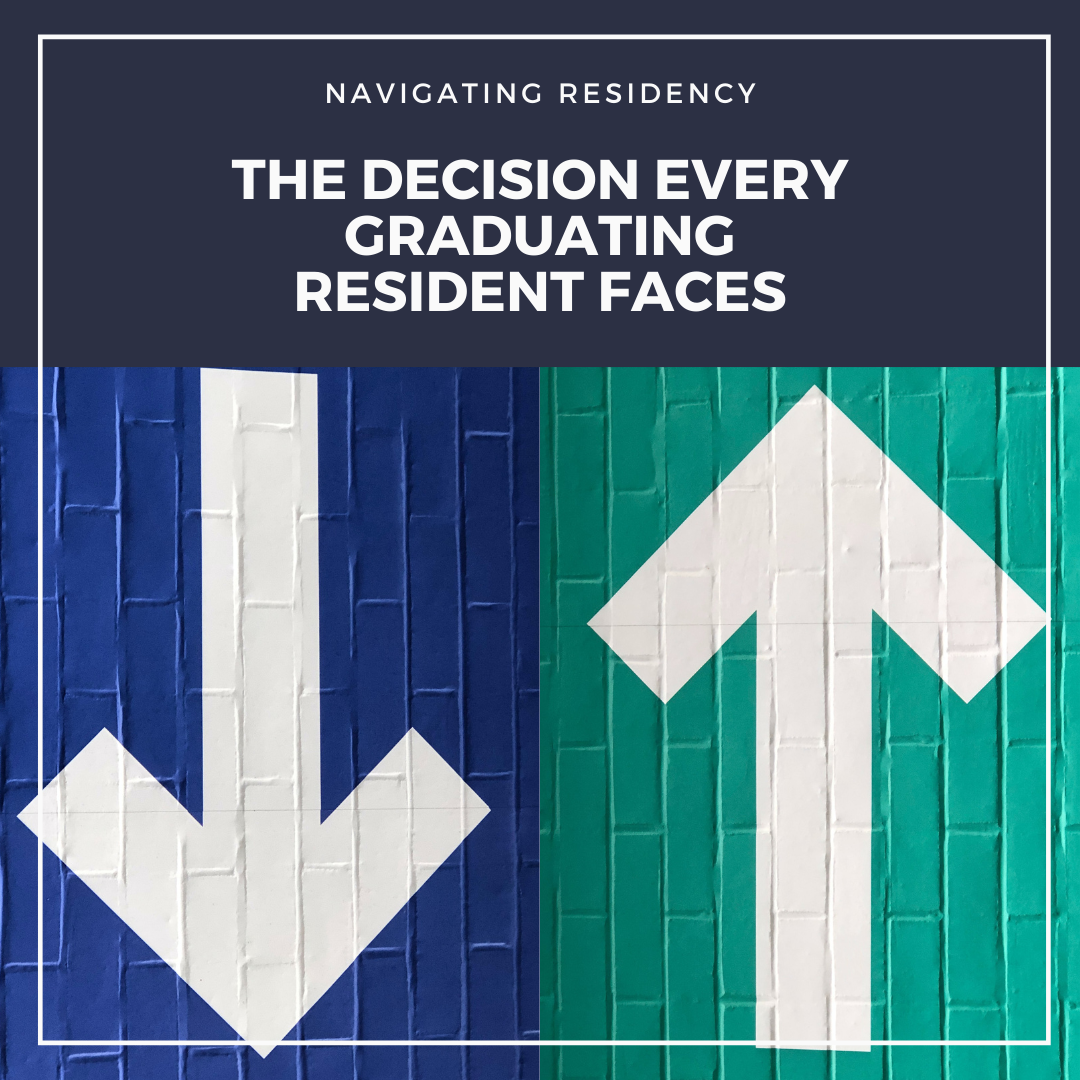It’s a decision every graduating resident faces: enter the workforce or apply for a fellowship. After more than a decade of higher education, postponing the rewards of a career for another year of training may not seem worthwhile for some. Yet others see a fellowship year as education that will pay dividends throughout their career.
“I viewed a fellowship year as an investment in myself,” said Kimberly Huerth, MD, M.Ed., who served as chief resident of Howard University’s dermatology residency program when she graduated in 2020. “The high volume of cosmetic cases that I will be doing during my fellowship will not only help me become better at what I do, but it will also, more importantly, help me anticipate and manage complications.”
While interviewing for fellowships, Dr. Huerth was concerned that some of the programs were not able to offer her the type of training she believed would make the experience worthwhile: a hands-on solo fellowship completely focused on aesthetics. She found a fit with Dr. Mark Taylor and Gateway Laser Center in Salt Lake City, Utah.
“There are many factors that affect whether a fellowship is the right decision for someone,” Dr. Huerth said. “Did you have an adequate amount of cosmetic training during residency? Are you planning on joining a practice that already has a number of aesthetically oriented practitioners who are willing to train you? Do you hope to get on the speaker circuit, to publish more, to get involved with clinical trials? What is going on in your personal life that a fellowship will align with or further complicate?”
“There’s no substitute for a great fellowship,” said Jeffrey Dover, MD, dermatologist and program director of the American Society for Dermatologic Surgery cosmetic dermatology surgery fellowship at SkinCare Physicians in Chestnut Hill, Mass. “You can’t learn at a weekend course what you do in a year of excellent close supervised focused education.”
Dr. Dover co-authored a letter about the value of fellowships published in Dermatologic Surgery in 2018. The letter outlines the results of a survey of former dermatologic surgery fellows trained at SkinCare Physicians from 1997 to 2015. Respondents were asked their reasons for pursuing a fellowship and whether their training was worthwhile. Reported benefits included, “ease in finding a first job, enhanced procedural skills, confidence in managing complications, skills for developing and maintaining a rapport with patients, and ongoing professional collaborations and mentor-mentee relationships with fellowship directors.” Respondents also noted an increase in their “understanding the business of medicine, including practice and staff management.”
How does a resident go about finding and choosing a fellowship? Dr. Dover recommends residents consider the following factors when choosing a fellowship:
-
- If you plan to spend 90% of your work in Mohs surgery in the next 10 years, do a Mohs fellowship.
- If you plan to do a 50/50 split between treating skin cancer and performing cosmetic procedures, do a mixed procedural fellowship.
- If you plan to perform solely cosmetic procedures, do a cosmetic procedural fellowship.
Dr. Huerth knew she wanted to pursue cosmetic dermatology from, “an innate sensitivity that I have always possessed for proportions, symmetry, lines, patterns, architecture, sculpture and all of the wondrous things that can be found in museums, downtowns, and old tree-lined neighborhoods.”
She started her fellowship search on the American Society for Dermatologic Surgery’s (ASDS) fellowship finder tool. She also spoke with faculty members and peers and shadowed twice at Gateway Laser Center. She recommends residents:
-
- Attend as many conferences as possible and network with fellowship directors. (Dr. Huerth emailed Dr. Taylor to see if he was available to meet in person at the AAD Annual Meeting and he agreed.) Dr. Huerth emphasizes the importance of putting yourself out there while at conferences. “You never know how a conversation that arises from one of these encounters might connect you with people who can answer questions about the fellowship process, or maybe even connect you with various fellowship directors.”
- Pursue grants from subspecialty organizations to help facilitate spending a week or two at fellowship programs of interest.
- If you are considering a cosmetic fellowship, attend the ASDS annual resident cosmetic symposium. “This symposium is also attended by various cosmetic fellowship directors, as well as other luminaries in the field of aesthetic dermatology, and is a great opportunity for introductions and networking.”
Dr. Huerth’s fellowship plans were put on hold in the spring of 2020. With uncertainty surrounding the pandemic, Dr. Huerth and her fellowship director agreed to delay her start date by one year. In the interim, she’s working at a private practice in Maine, an experience that she believes will benefit her fellowship.
“This year gives me an opportunity to maintain and expand my facility with the more bread and butter aesthetic procedures, so I can focus intently on the complex ones that I will be learning during my fellowship,” said Dr. Huerth.
She’s also learning to ski and ride a motorcycle while in Maine, taking these new skills along with her dermatology training to Utah.
Did you enjoy this article? Find more on Navigating Residency here.

